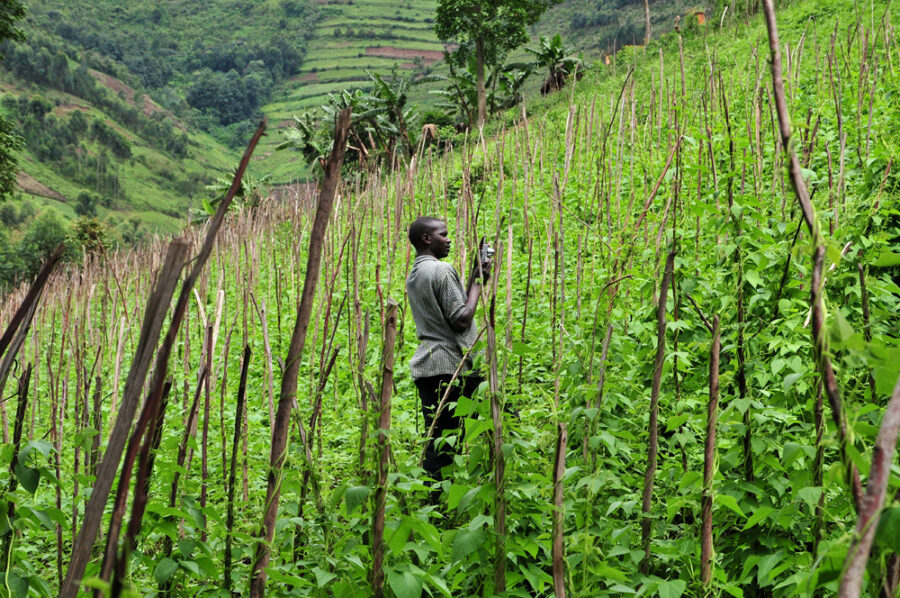by MILLION BELAY

Late last month, officials from across the continent gathered in Zambia to discuss the next decade of Africa’s agricultural policy. Yet what was marketed as an “inclusive multi-stakeholder consultative process” bringing together a diversity of African voices was instead a contentious process driven by external influences and corporate agendas.
The African Union (AU) body coordinating the talks – the Department of Agriculture, Rural Development, Blue Economy, and Sustainable Development (DARBE) – is severely underfunded and understaffed. Consequently, much of the facilitation and funding was outsourced to USAID-backed agencies and organisations like the influential Gates Foundation-funded Alliance for a Green Revolution in Africa (AGRA). Throughout the meeting in Lusaka, the sway of these Western entities in driving the process was palpable, overshadowing the voices of African farmers, civil society, and grassroots organisations.
The Zambia conference was arranged by the AU to discuss the next ten years of agricultural policy across the continent. In 2003, African leaders agreed to the Comprehensive African Agriculture Development Program (CAADP), committing to allocate 10% of their national budgets to agriculture with the aim of achieving 6% annual growth in productivity. In 2014, governments reaffirmed their joint strategy by signing the Malabo Declaration that set the stage for the following decade of efforts to transform African agriculture.
The ongoing post-Malabo discussions are leading up to the Kampala Declaration slated for approval in January 2025. However, the dominance of entities like AGRA – which has been heavily criticised for its focus on use of synthetic fertilisers and corporate-led agenda – raises serious questions about the legitimacy of the process and its ability to represent the interests and realities of African farmers. The talks have so far been characterised by a lack of transparency and inclusivity. The drafting the Kampala Declaration is being conducted behind closed doors, excluding African civil society and farmer organisations.
Concerns and omissions
The effects of this restricted and opaque approach are clear from the outcomes of the Lusaka meeting. Several critical issues emerged during the talks that demand urgent attention.
Firstly, it was concerning to learn that the post-Malabo programme of work will be aligned with the African Development Bank’s (AfDB) “Feed Africa: Food Sovereignty and Resilience” initiative. As highlighted by the Alliance for Food Sovereignty in Africa’s (AFSA), the AfDB’s 40 country plans threaten land rights, seed diversity, biodiversity, and community livelihoods across the continent through its one-size-fits-all approach and emphasis on large-scale monocropping. Aligning the Kampala Declaration with these compacts risks entrenching corporate control over Africa’s agricultural future, undermining the continent’s food sovereignty
Secondly, it was alarming to hear that agroecology and food sovereignty were described in the talks as “controversial concepts that will face problems with governments” and that “several actors” resisted their inclusion.
African Arguments for more
